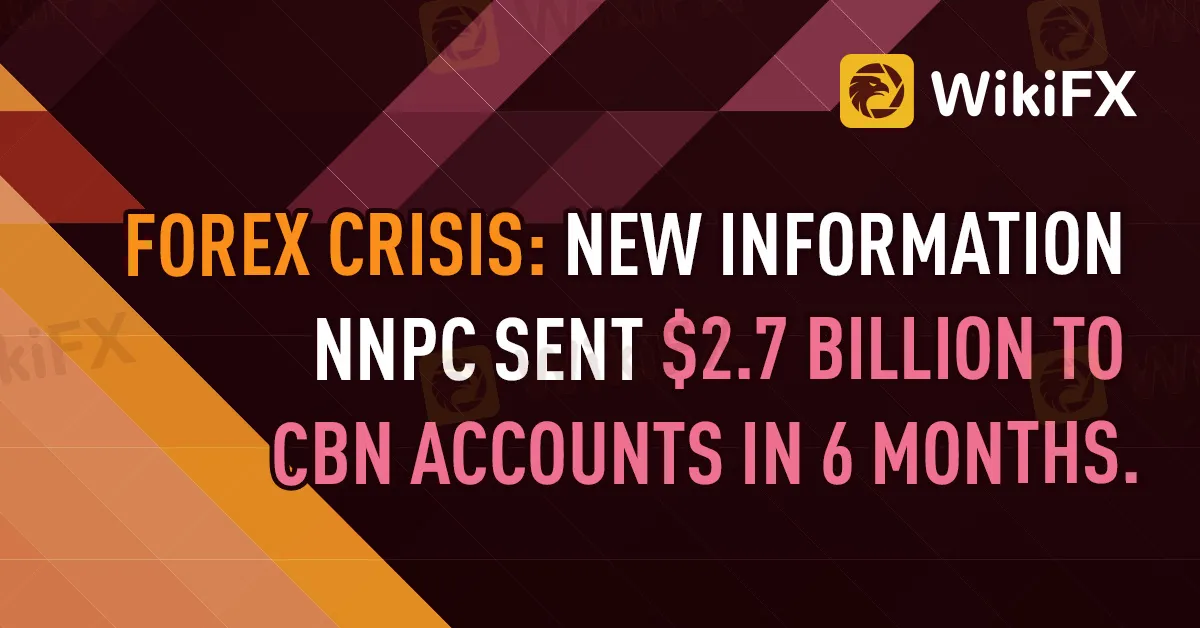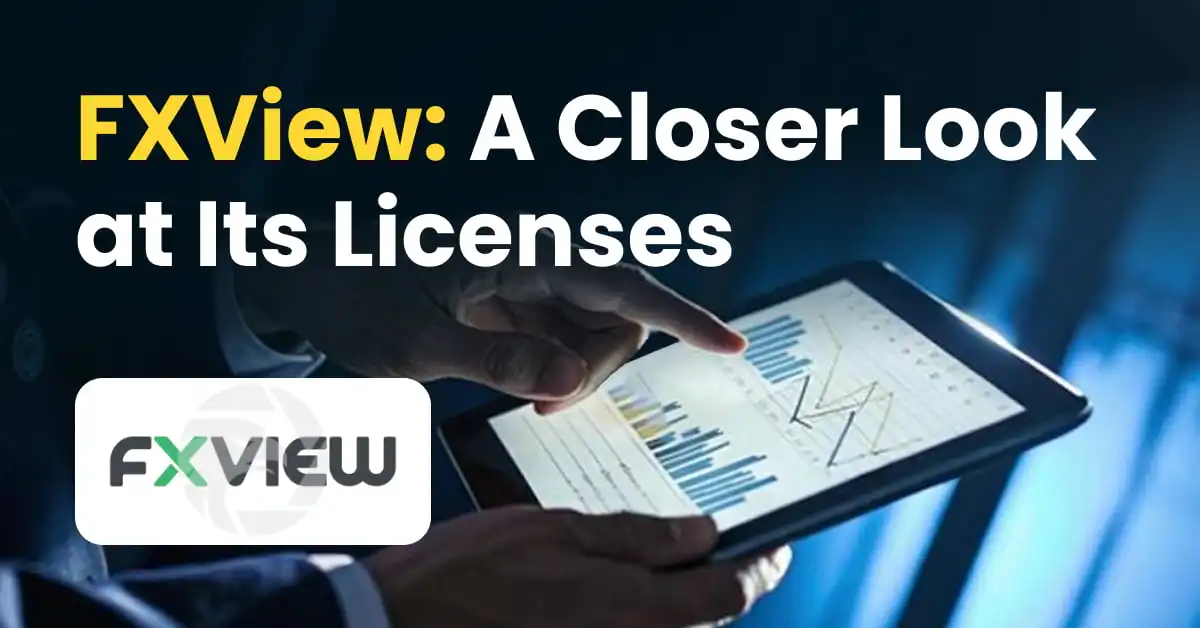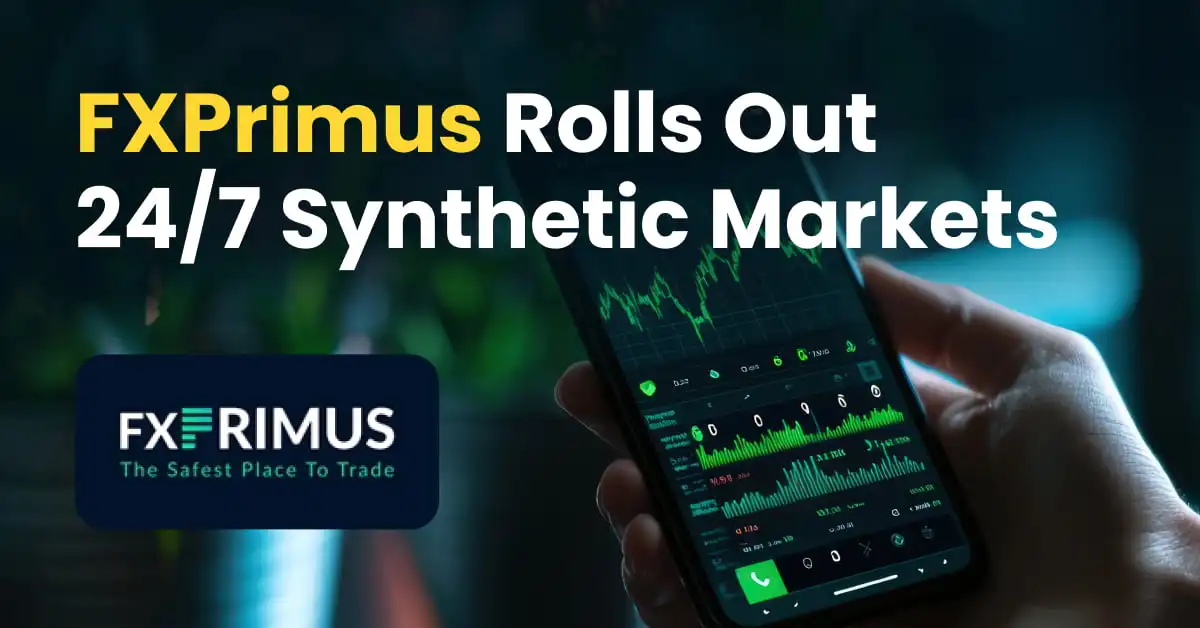简体中文
繁體中文
English
Pусский
日本語
ภาษาไทย
Tiếng Việt
Bahasa Indonesia
Español
हिन्दी
Filippiiniläinen
Français
Deutsch
Português
Türkçe
한국어
العربية
FOREX CRISIS: NEW INFORMATION NNPC SENT $2.7 BILLION TO CBN ACCOUNTS IN 6 MONTHS.
Abstract:Fresh information has shown that the Nigerian National Petroleum Company Ltd. remitted a total of $2.7 billion into its accounts with the Central Bank of Nigeria (CBN) between January and June this year, contrary to CBN's claim that foreign currency remittances were nonexistent, despite the Naira's value falling to an all-time low of N710 to the dollar last week.

Fresh information has shown that the Nigerian National Petroleum Company Ltd. remitted a total of $2.7 billion into its accounts with the Central Bank of Nigeria (CBN) between January and June this year, contrary to CBN's claim that foreign currency remittances were nonexistent, despite the Naira's value falling to an all-time low of N710 to the dollar last week.
In response to the recent naira free fall, the CBN said that the NNPC's failure to remit funds had caused the forex crisis.
The CBN stated there had been “zero-dollar remittances by the NNPC to the country's foreign reserve” in a paper titled “The forex question in Nigeria: Fact sheet.”
However, investigations have revealed that in the first half of this year, the NNPC Ltd. transferred $2.7 billion to the CBN. Records that were readily available also revealed that of the $2.7 billion that the NNPC transferred into its CBN accounts, $645 million was for a dividend paid by the Nigerian Liquefied Natural Gas Company Ltd., and the remaining $1.786 billion was for NNPC operations expenses.
According to a breakdown of the NNPC remittances, the following amounts were deposited in 2022: $18,770,418.97 in January, $194,563,276.49 in February, and $373,232,875.20 in March (March 2022).
Other NNPC payments included $247,884,295.52, $591,565,425.41, and $880,906,761.81 (all for April 2022). (June 2022).
Following the depreciation of the naira, CBN Governor Godwin Emefiele has been in the the controversy.
Emefiele was called before the Senate on Wednesday to provide an explanation for the declining value of the naira and to suggest a course of action.
In response to Senator Olubunmi Adetunmbi, the Senate not only called the head of the CBN to appear before it, but also instructed its Committee on Banking, Insurance, and Other Financial Institutions to carefully examine the intervention funds the CBN set aside to support certain economic sectors.
Senator Adetumbi said that a CBN earlier prohibition on forex sales to BDC operators led to a rise in exchange rates in his motion to summon Emefiele. He claimed that only a select few gains from the import-export window created to meet the FX requirements of commercial firms.
He claims that even the Personal Travel Allowance (PTA) and Business Travel Allowance (BTA) are inaccessible since the Central Bank of Nigeria (CBN) only covers less than 20% of the overall demand for foreign exchange made by tourists and companies.
Without accepting responsibility, the CBN has been attributing the fast decline in the value of the naira to a variety of causes.
Emefiele blamed the 2018 forex crisis on the importation of goods he said could have been produced in Nigeria, which led to the suspension of forex allocation for 41 goods.
Emefiele transferred the blame on Bureau De Change (BDC) employees in 2021, accusing them of engaging in illicit forex trading. He blamed “Aboki FX,” claiming that its operations reduced funding to BDC by causing the naira to depreciate.
The CBN has attributed the currency problem this year on politicians, money launderers who are purportedly supporting terrorists, but none of them have been able to stabilize the value of the naira.

Disclaimer:
The views in this article only represent the author's personal views, and do not constitute investment advice on this platform. This platform does not guarantee the accuracy, completeness and timeliness of the information in the article, and will not be liable for any loss caused by the use of or reliance on the information in the article.
Read more

iFourX: So Many Red Flags You Can’t Ignore
Forex trading has become difficult nowadays due to the frequent frauds occurring every day. You can’t blindly trust any broker . They may appear genuine and authorized but end up being scams. That’s why it’s more important to stay aware. To stay alert and informed, you need to know about a particular FX broker called iFourX and recognize its red flags.

Five Unauthorised Brokers Warned by the FCA
UK’s watchdog, the Financial Conduct Authority (FCA), recently issued a fraud alert against brokers who are operating without a license but still offering financial services. The FCA has identified these scam brokers and is warning the public not to engage with them. Check out the names of those brokers below.

FXView: A Closer Look at Its Licenses
When selecting a broker, understanding its regulatory standing is an important part of assessing overall reliability. For traders seeking to protect their capital, ensuring that a platform operates under recognised and stringent oversight can make all the difference. Keep reading to learn more about FXVIEW and its licenses.

FXPrimus Rolls Out 24/7 Synthetic Markets
Global broker FXPrimus has announced the launch of Synthetic Indices, which are engineered financial instruments that operate continuously and are designed to simulate real market conditions without being influenced by actual economic or political events. Will you try this out?
WikiFX Broker
Latest News
Samsung Electronics signs $16.5 billion chip-supply contract; shares rise
Does XS.com Hold Leading Forex Regulatory Licenses?
European stocks set to rise after the U.S. and EU strike trade agreement
Elon Musk confirms Tesla has signed a $16.5 billion chip contract with Samsung Electronics
Chile Bumps Up Copper Price Forecast and Flags Lagging Collahuasi Output
Top Wall Street analysts recommend these dividend stocks for regular income
Stock futures rise as U.S.-EU trade deal kicks off a hectic week for markets: Live updates
Treasury yields tick lower as investors look ahead to Fed's interest rate decision
Thailand-Cambodia War Pressures Thai Baht in Forex Market
Investors Accuse Duttfx Markets of Scam: What You Should Know
Currency Calculator


